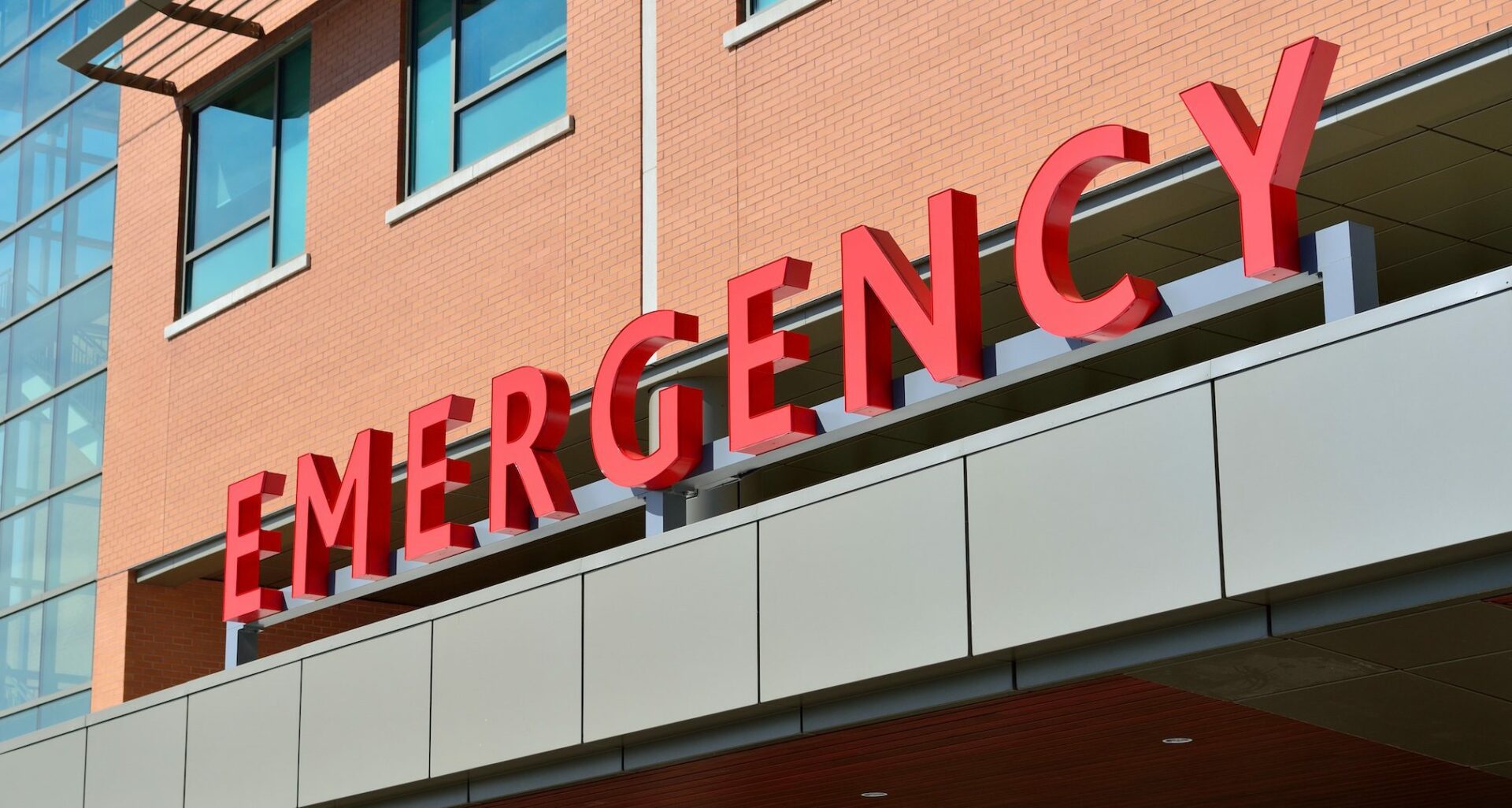Medical emergencies can happen at any time, and this is just as true for dental emergencies. During the COVID-19 pandemic, the American Dental Association (ADA) and the Centers for Disease Control and Prevention have asked dental offices to cancel all non-urgent or routine visits. While we all want to do our part to flatten the curve, these changes are scary for people who are at risk for dental health emergencies.
Our staff at Advanced Dental Care of Anderson is passionate about educating our patients and their families on how to care for themselves during these uncertain times. Despite the cancellation of routine visits, there are processes in place to provide care to those dealing with dental emergencies during COVID-19.
Why Are Routine Visits Canceled?
The new coronavirus strain that causes COVID-19 spreads through respiratory droplets, the saliva that spews when you sneeze or cough. If a healthy person breathes in the respiratory droplets of an infected person, the healthy person can become sick. Because the job of a dentist requires close contact with their patient’s mouth and nose, dentist offices have the potential to become breeding grounds for infection. Limiting patients to only those who need immediate care allows dentists to do their part in flattening the curve.
Limiting routine visits has had other positive effects as well. H. Dieu Long, a New Jersey dentist, explains that canceling routine visits “…preserves the nationwide supply of personal protective equipment for our front-line heroes, prevents the spread of this virus through congregating in dental offices, and eliminates the need for dental emergency patients from flooding into emergency rooms that are better used fighting the virus.”
When dentists are able to focus on providing care to emergency patients, they can keep those patients out of emergency rooms where healthcare workers can focus on treating COVID-19. It also helps to preserve personal protective equipment such as masks and gloves that have been in high demand during the pandemic.
Emergency Dental Care
Despite the cancellation of routine visits and procedures, dentists across the country are still treating patients suffering from dental emergencies. Urgent dental care, as defined by the ADA, involves any care necessary to relieve potentially life-threatening issues, stop ongoing tissue bleeding, or to alleviate severe pain or infection. However, the decision of whether or not a dental issue is a true emergency is up to the dentist’s discretion.
For those concerned about dental emergencies, the ADA recommends you contact your dentist if you experience or are in need of any of the following: uncontrollable bleeding, trauma to the face, swelling in or around your mouth, pain in your teeth or jawbone, gum infection with pain or swelling, postoperative care you are unable to perform, broken or knocked out tooth, denture adjustment for cancer patients, or wire adjustments for those with braces.
What to Do If You Have a Dental Emergency
If you think you may be having a dental emergency, the first step is to call your dentist. “Unless you are in extreme pain or swollen, you first try to telecommunicate with your dentist, as he or she may be able to give you a prescription or refer you to the appropriate provider,” advises Todd Ross, an adjunct clinical assistant professor at NYU College of Dentistry.
“Most dentists are keeping themselves and their phones open to give advice whether you should be seen for a dental issue,” Chris Strandburg, spokesperson for Waterpik, explained to Healthline, echoing Dr. Ross’s advice. Your dentist will be able to tell you, based on your symptoms, what kind of care you may need and where to go to get it.
As far as dealing with dental emergencies at home, dentists everywhere have stressed the importance of maintaining a consistent oral hygiene regimen. However, brushing your teeth twice a day won’t guarantee a dental emergency won’t occur. Frederic Barnett, chair of dentistry at Einstein Healthcare Network, recommends managing normal toothaches with over-the-counter pain relievers.
Sandra Weinstein, a New York dentist, also advised that if you feel any pain starting in your mouth, rinse with saltwater three times a day to kill bacteria. This may help limit dental emergencies from occurring.
Advanced Dental Care of Anderson
We know that the COVID-19 crisis has been difficult for everyone, and our staff at Advanced Dental Care of Anderson is passionate about easing some of that stress for our patients. If you have any concerns about your dental health, visit our website to find more information about how to care for your teeth during the pandemic.

